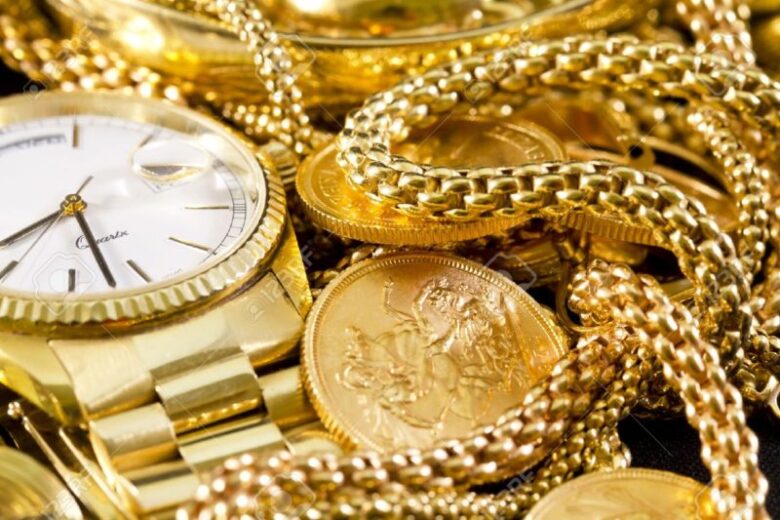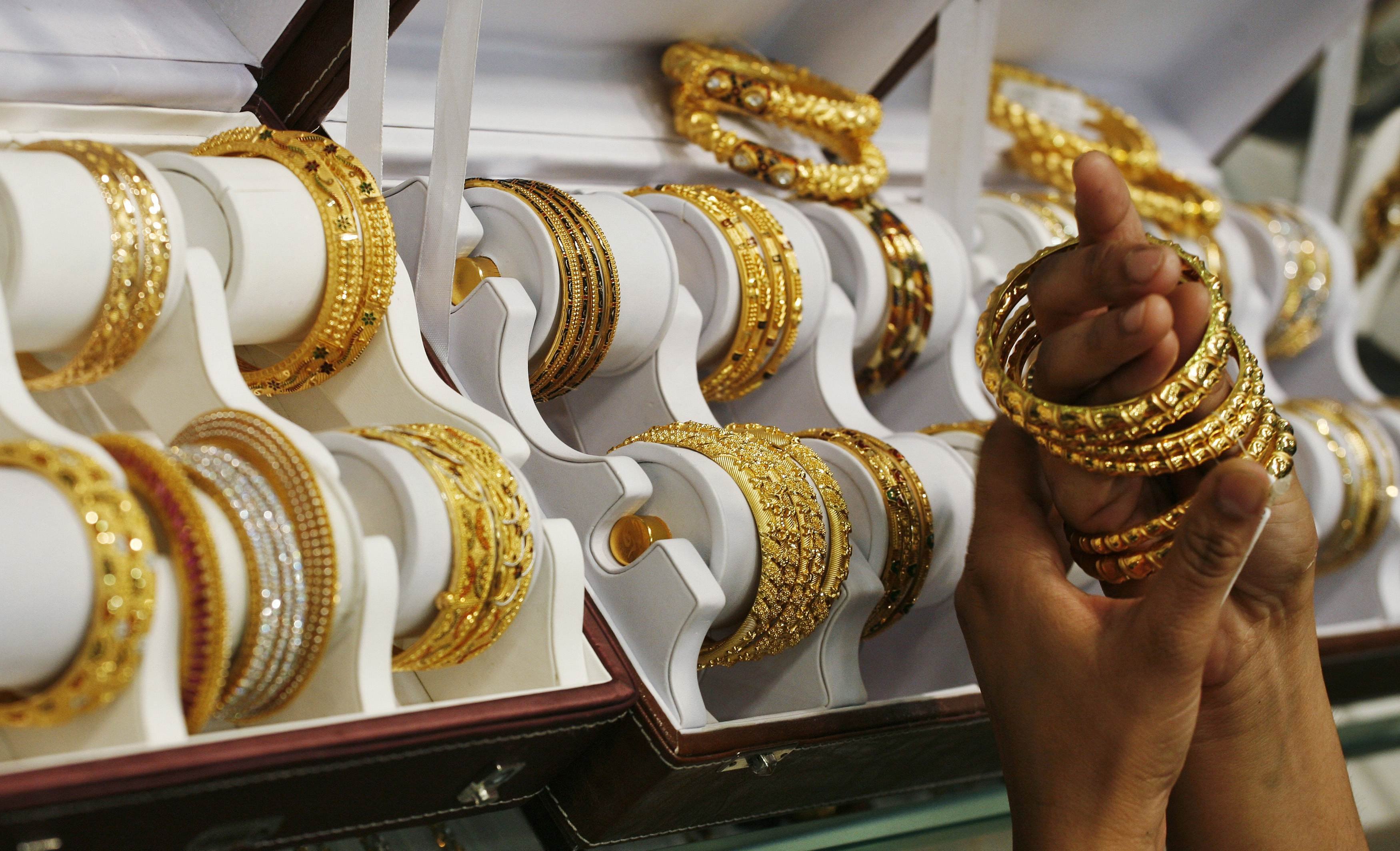The Intricate World of Jewelry Stores Purchasing Gold: A Comprehensive Guide
Related Articles: The Intricate World of Jewelry Stores Purchasing Gold: A Comprehensive Guide
Introduction
With great pleasure, we will explore the intriguing topic related to The Intricate World of Jewelry Stores Purchasing Gold: A Comprehensive Guide. Let’s weave interesting information and offer fresh perspectives to the readers.
Table of Content
The Intricate World of Jewelry Stores Purchasing Gold: A Comprehensive Guide

The allure of gold has captivated humanity for millennia, its enduring value making it a sought-after commodity. While jewelry stores are renowned for their stunning displays of gold-crafted pieces, many also engage in the purchase of gold from individuals. This practice, known as gold buying, serves a multitude of purposes, offering both benefits and considerations for both the jewelry store and the seller.
The Dynamics of Gold Buying in Jewelry Stores:
Jewelry stores are often the preferred destination for individuals looking to sell their gold items due to their established presence, expertise, and accessibility. The process typically involves the following steps:
-
Initial Assessment: Upon arriving at the store, individuals present their gold items to a designated staff member, usually a gold buyer or a knowledgeable jeweler. This individual conducts a preliminary assessment, examining the items for karat purity, weight, and overall condition.
-
Valuation and Offer: Based on the assessment, the gold buyer determines the current market value of the gold using established pricing benchmarks. This value may fluctuate based on factors like global gold prices, purity, and item condition. The buyer then presents an offer to the seller, reflecting the calculated value.
-
Negotiation (Optional): The seller has the right to negotiate the offer, potentially seeking a higher price based on factors like sentimental value or a perceived undervaluation. However, the negotiation process is often influenced by the current market conditions and the store’s own pricing policies.
-
Transaction Completion: If both parties agree on a price, the transaction proceeds. The seller receives payment, typically in cash or through a bank transfer, and the jewelry store acquires the gold.
Benefits of Selling Gold to Jewelry Stores:
-
Convenience and Accessibility: Jewelry stores offer a readily available and convenient option for gold sellers, often situated in easily accessible locations. This accessibility eliminates the need for individuals to navigate complex online platforms or seek out specialized gold buyers.
-
Expertise and Trust: Established jewelry stores possess a wealth of experience and knowledge regarding gold, allowing them to accurately assess the value of items and provide fair offers. This expertise instills a sense of trust in sellers, knowing they are dealing with a reputable and knowledgeable entity.
-
Immediate Payment: Jewelry stores generally offer immediate payment for gold items, providing sellers with quick access to their funds. This immediate liquidity can be particularly beneficial in situations where individuals require funds urgently.
-
Transparency and Legitimacy: Reputable jewelry stores operate with transparency, outlining their pricing methodology and adhering to ethical business practices. This transparency fosters trust and ensures a legitimate transaction for both parties.
Considerations for Selling Gold to Jewelry Stores:
-
Market Fluctuations: The price of gold is subject to constant fluctuations influenced by global economic conditions, demand, and supply. Sellers should be aware of these fluctuations and ensure they are receiving a fair price based on current market rates.
-
Item Condition: The condition of gold items plays a crucial role in determining their value. Damaged, worn, or heavily engraved items may fetch a lower price compared to pristine pieces.
-
Karat Purity: The karat purity of gold significantly influences its value. Higher karat gold, such as 18K or 24K, commands a higher price than lower karat gold.
-
Store Policies: Each jewelry store may have its own policies regarding gold buying, including minimum purchase amounts, payment methods, and identification requirements. Sellers should familiarize themselves with these policies before approaching a store.
FAQs Regarding Jewelry Stores Buying Gold:
1. What types of gold items do jewelry stores buy?
Jewelry stores typically buy a wide range of gold items, including:
- Jewelry: Rings, necklaces, bracelets, earrings, pendants, etc.
- Coins: Gold coins of various denominations and years.
- Bullion: Gold bars and ingots.
- Scrap gold: Broken jewelry, gold fillings, and other gold scraps.
2. How do jewelry stores determine the value of gold?
Jewelry stores use various methods to determine the value of gold, including:
- Spot price: This refers to the current market value of gold per ounce, which fluctuates daily.
- Karat purity: The karat purity of the gold is factored in, with higher karat gold fetching a higher price.
- Weight: The weight of the gold item is measured using a precision scale.
- Condition: The condition of the gold item, including any damage or wear, influences its value.
3. What documents do I need to sell gold to a jewelry store?
The specific documentation requirements may vary depending on the store’s policies and local regulations. However, generally, you may need to provide:
- Government-issued identification: A driver’s license, passport, or other valid ID.
- Proof of address: A recent utility bill or bank statement.
4. How do I ensure I’m getting a fair price for my gold?
To ensure you’re getting a fair price, consider the following:
- Research current gold prices: Check online resources and compare prices from multiple jewelry stores.
- Ask for a written offer: Request a written offer outlining the price and the basis for its calculation.
- Compare offers: If possible, obtain offers from multiple jewelry stores to compare prices.
5. What happens to the gold after I sell it to a jewelry store?
The jewelry store will typically melt down the gold and refine it to its purest form. This refined gold is then used to create new jewelry pieces or sold to other businesses.
Tips for Selling Gold to Jewelry Stores:
- Prepare your gold items: Clean your gold items thoroughly and remove any loose stones or attachments.
- Research current gold prices: Familiarize yourself with current market prices to ensure you’re getting a fair offer.
- Compare offers: Obtain offers from multiple jewelry stores before making a decision.
- Ask questions: Don’t hesitate to ask questions about the store’s policies, pricing methodology, and any other concerns you may have.
- Be patient: The gold buying process may take some time, so be patient and allow the store to assess your items thoroughly.
Conclusion:
Jewelry stores play a vital role in the gold buying market, offering a convenient and reliable option for individuals looking to sell their gold items. Understanding the dynamics of gold buying, the benefits and considerations involved, and the importance of conducting thorough research can empower sellers to navigate this process effectively and ensure they receive a fair price for their gold. By embracing transparency, trust, and informed decision-making, both jewelry stores and gold sellers can contribute to a mutually beneficial and sustainable gold buying experience.








Closure
Thus, we hope this article has provided valuable insights into The Intricate World of Jewelry Stores Purchasing Gold: A Comprehensive Guide. We appreciate your attention to our article. See you in our next article!
